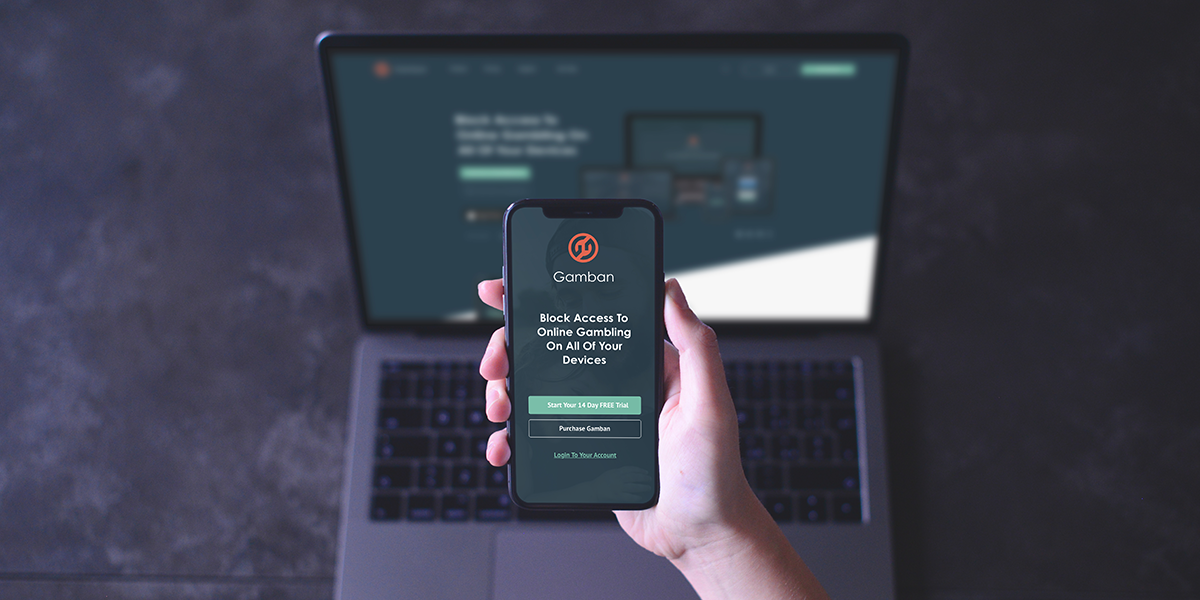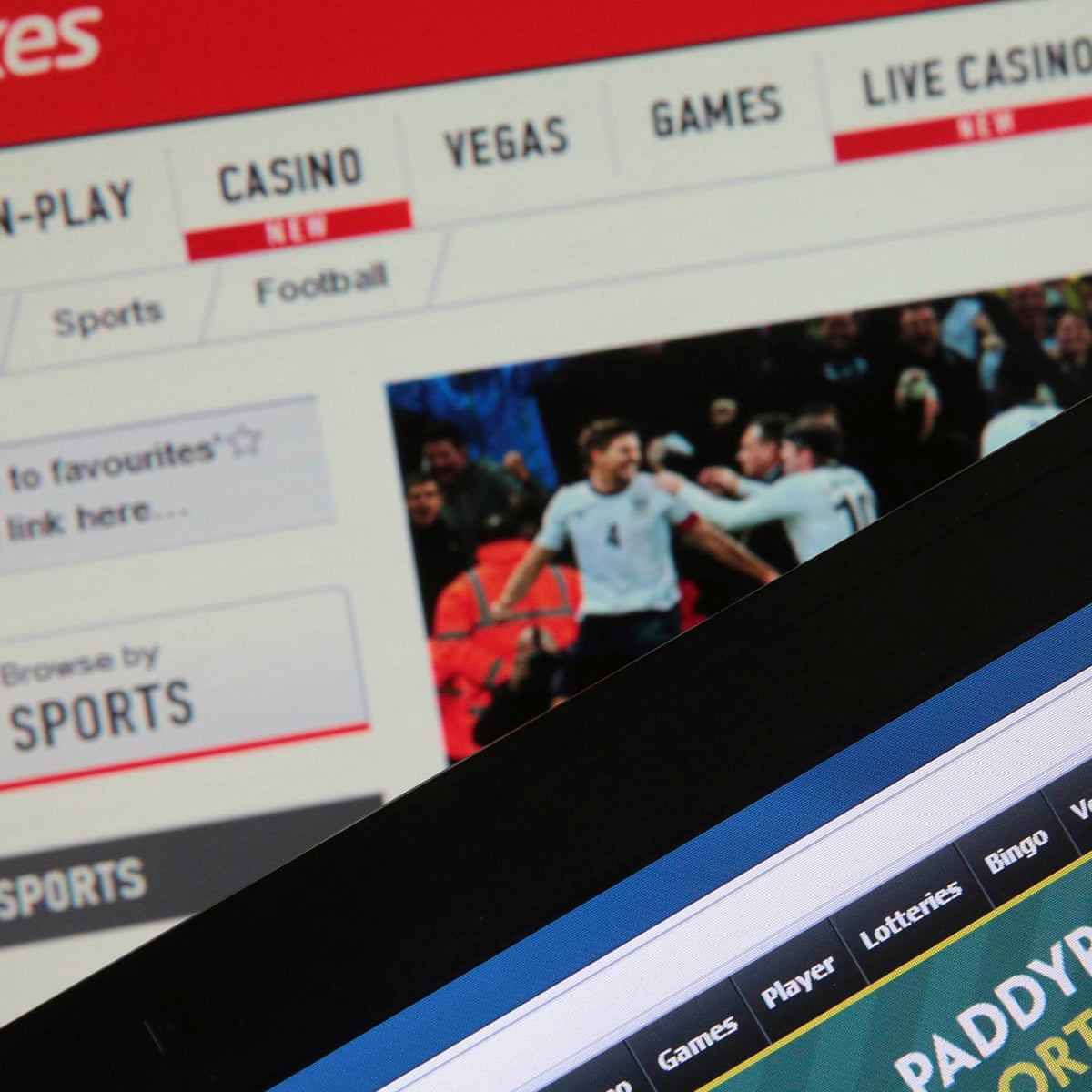Lloyds Gambling Block
. Outside the eight firms, no other organisation offers a bank card gambling block to all their customers. Based on our rough estimates, this means that as many as 28 million personal current accounts and 35 million credit cards may not offer account holders the option to block gambling expenditure. Freeze at tills and terminals - stops transactions when your card is present at the place of payment. Freeze gambling - stops most gambling transactions the moment you turn it on. If you turn it off, it will take 2-3 days to remove the freeze. More help and support with gambling is available. Hence, banks and other prominent financial institutions began to devise means to assist their clientele in different ways. Chief amongst the measures that have been crafted is mobile banking apps that help to block gambling transactions effortlessly. Three more banks to offer block gambling transactions. By Victoria Hughes, 10 January 2019. Three UK high street banks have followed in the footsteps of Barclays in introducing measures to allow customers the ability to restrict certain transactions. Lloyds, Santander and RBS will allow customers to block gambling operator payments.
If you’re worried about how much you're spending on gambling, then there is lots of support out there to help you. Including banks.
What Tools Do Banks Provide Their Users?
Can banks block gambling transactions? We run through the major UK high street banks and outline what services they provide to their at-risk customers.
Many banks are now working on plans to help customers restrict their spending on gambling, offering gambling blocking solutions, with some banks allowing customers to 'turn off' payments to certain types of retailer, including gambling services.
What is the Gambling Block?
While each scheme operates in their own way, fundamentally they all work the same. The gambling block is a feature that allows you to block your bank account/bank card/credit card from being used for gambling transactions.
Which banks offer a Gambling Blocking Services?
Royal Bank of Scotland
Lloyds Gambling Blocking
Offers a card locking feature to customers which include a blocker specifically for gambling transactions.
Learn more about the Royal Bank of Scotland's services below.
Lloyds Bank
A feature within their banking app, which lets customers quickly freeze and unfreeze different types of transactions on their debit or credit cards. As well as offering their customers access to Gamban.
Learn more about Lloyds Bank's services below.
Halifax
Offers customers various useful tools and support such as; financial tracking, personal support and advice and access to Gamban licences to block online gambling.
Learn more about Halifax's services below.
Bank of Scotland
Offers a card freezing feature, which, include a blocker specifically for gambling transactions.
Lloyds Tsb Block Gambling
Learn more about the Bank of Scotland's services below.
mbna

Allows customers to keep track of their bills and spending by using their Online Card Services.
Learn more about mbna's services below.
HSBC
Allows customers to voluntarily add or remove gambling restrictions on their debit cards or credit cards (including Pay by Bank app). HSBC also offers a 'Cool Off Period', this means that customers can opt to lift the gambling restriction, but transactions will still be declined until the 'Cool Off Period' has completed.
Learn more about HSBC's services below.
Lloyds Gambling Block Software
Monzo
Allows customers to block gambling transactions on their Monzo account, straight from the app. To turn off the block, customers will need to talk to Monzo's customer support team. Where they'll ask questions to see if their situation has changed since first switching on the restrictions.
Learn more about Monzo's services below.


Starling Bank
Allows customers to block online payments, including gambling transactions, easily from their banking app.
Learn more about Starling Bank's services below.
Natwest
Offers customers a card locking feature, which includes a gambling transactions blocker, within the banking app.
Learn more about Natwest's services below.
Barclays
Allows customers to block debit card payments to certain types of merchants, including gambling websites and apps, within their banking app.
Learn more about Barclays' services below.
Santander
Allows customers to block specific transaction types without freezing their Mastercard entirely (iOS devices only, coming soon for Android).
Learn more about Santander's services below.
Why are banks doing this?
People who have gambling problems and decide to stop can choose to self-exclude from gambling, use software to block online gambling sites and self-exclude physically from betting shops and casinos. While these are all helpful ways for people to get support, many banks believe they can do more to support self-exclusion too.
Gambling blocking software maker Gamban has secured a partnership with Lloyds Banking Group. As part of the arrangement, customers of the Group will have access to Gamban’s software which prevents payments for gambling-related products or services.
Gamban Agrees on Lloyds Banking Group Deal © Pixabay.
Gamban confirmed integration to Lloyds Banking Group platform had already been completed, and said demand for the product was high with a “significant number” of users have already signed up for the service.
Lloyds’s Group customers, which include Bank of Scotland and Halifax as well as Lloyds bank, have access to the Gamban software as well as the company’s own ‘Lloyds Banking Group Gambling Transaction Freezes’. Customers can access their mobile banking app and totally prohibit gambling or set maximum monthly amounts if they wish to control their spending.
The founder of Gamban, Jack Symons, paid tribute to the banking giant for having the foresight to enter into an agreement that can protect vulnerable customers. He said:
It’s very positive to see forward-thinking banking institutions such as Lloyds Banking Group rise to the challenge of protecting vulnerable customers from gambling addiction through barriers such as spend control and collaboration with market-leading gambling-blocking technology, Gamban.– Jack Symons, Gamban founder.
In a statement on the agreement, Elyn Corfield, Managing Director, Consumer Finance, Lloyds Banking Group said the bank understood that gambling-related harm can have serious and long-term impacts on their customers and was committed to enabling a range of support measures to help them. Corfield said the partnership with Gamban, which would give customers three months free access to the software, would complement the company’s own harm prevention measures.
Gamban, who is based in Southampton, has enjoyed huge success with their software that can be used on various operating systems as well as mobile devices. The software has been used in GambleAware’s suite of treatment tools since October 2018.

The banking sector, like the gambling sector, has been increasingly subject to regulatory and public pressure to increase social responsibility efforts. Banks are increasingly expected to show a duty of care towards vulnerable customers. Stakeholders in both industries have been encouraged by regulators to work together to find solutions.
Collaboration between banks and gambling companies may become much more common if affordability checks are introduced. Mentioned in the All-Party Group on Gambling Related Harm interim report, the Group said that improved affordability checks are urgently needed.
The Group said there are no stake and spend limits for players when gambling online and added that it is simply not good enough for the online operators to say they are ‘developing affordability checks’.
The reportsaid operators should have a clear understanding of what is affordable to online users and this should be calculated on a proportion of a gambler’s income, something the operators would need help from financial institutions to set this limit.